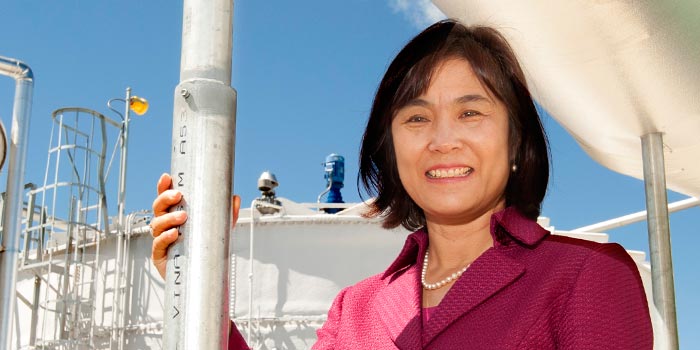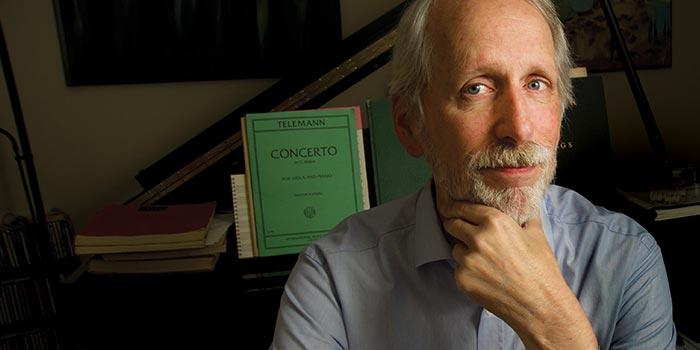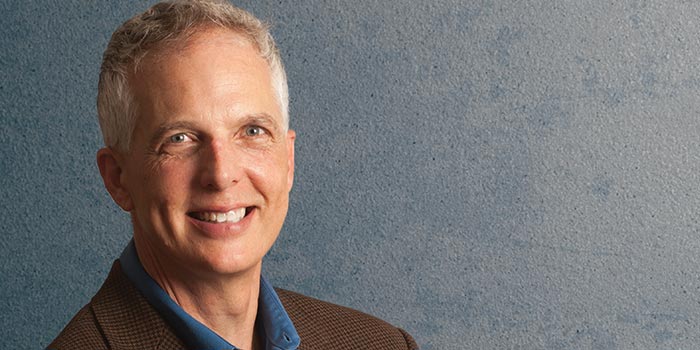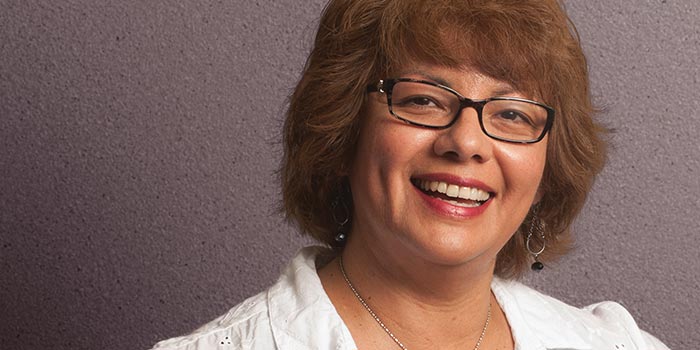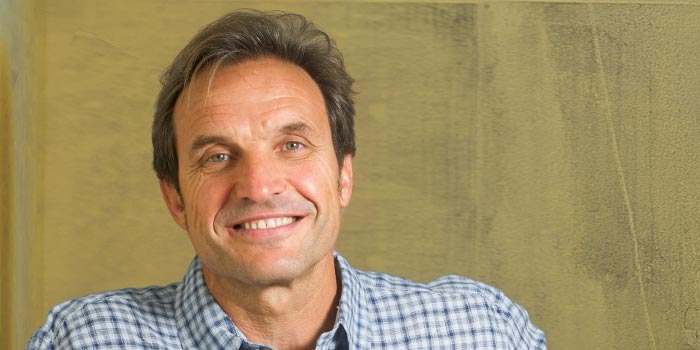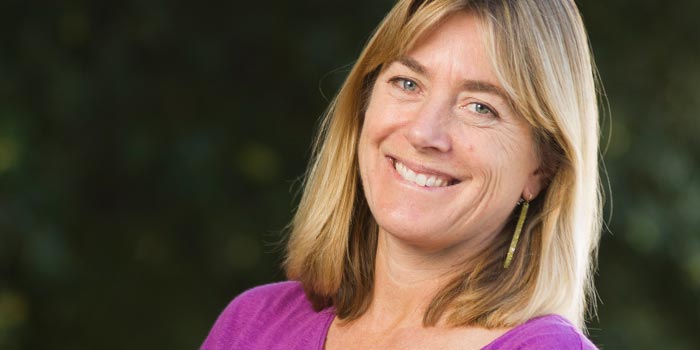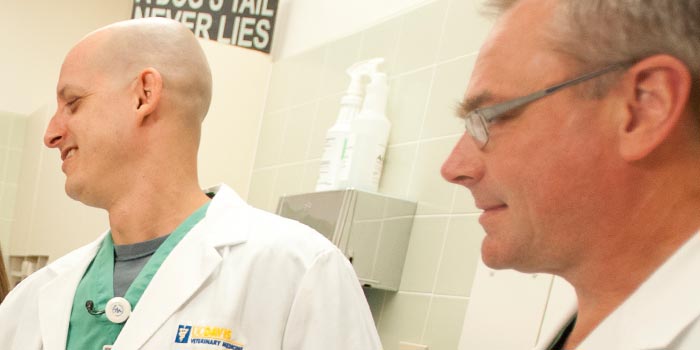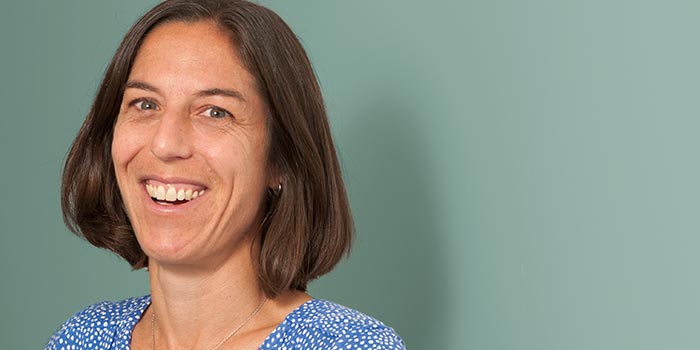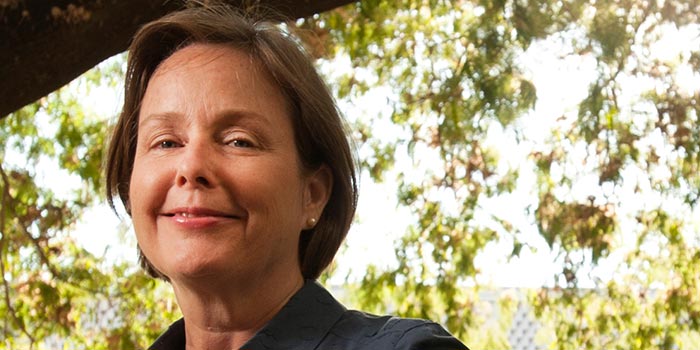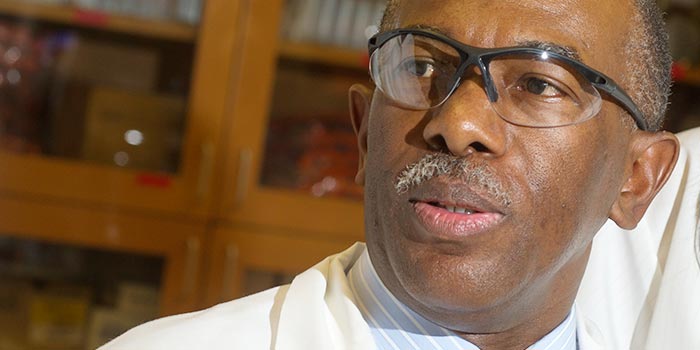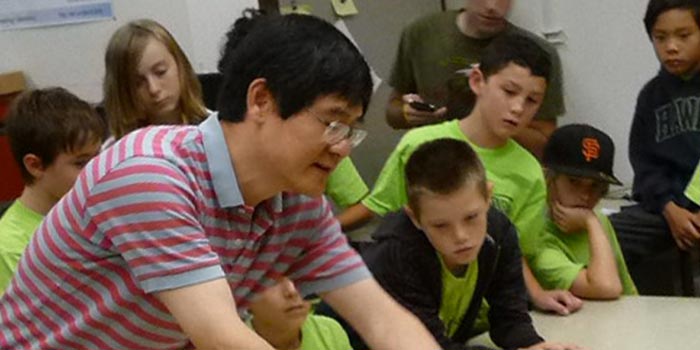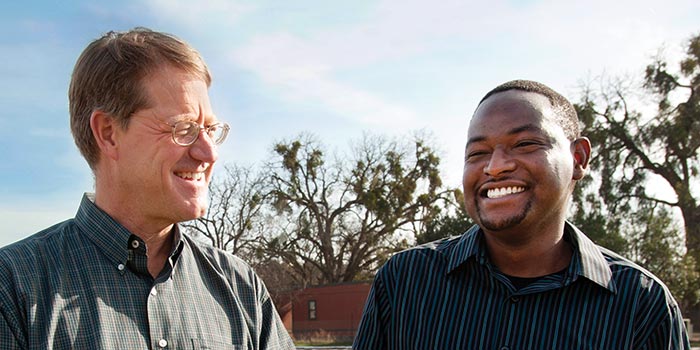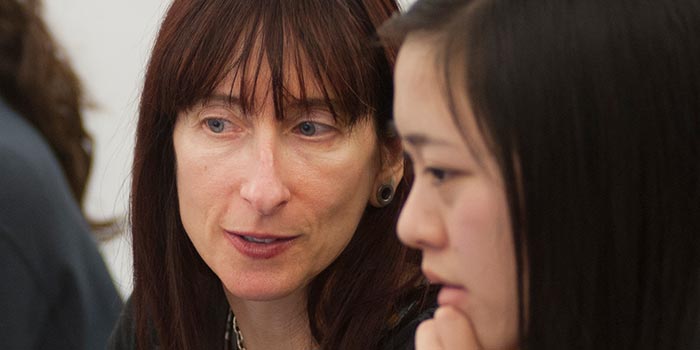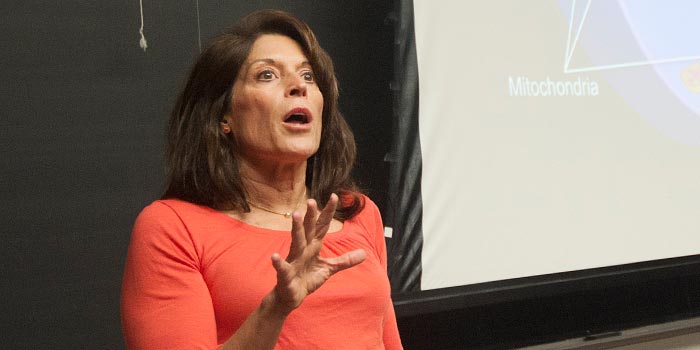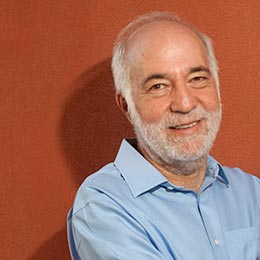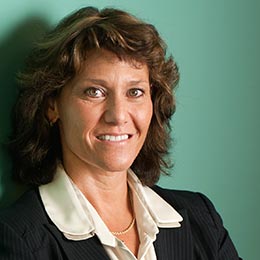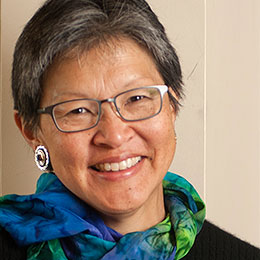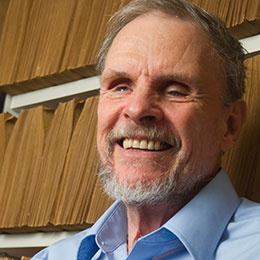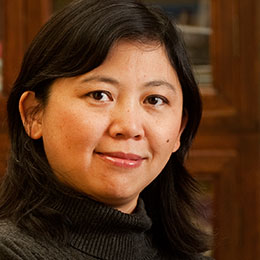Collaborating for the Cure
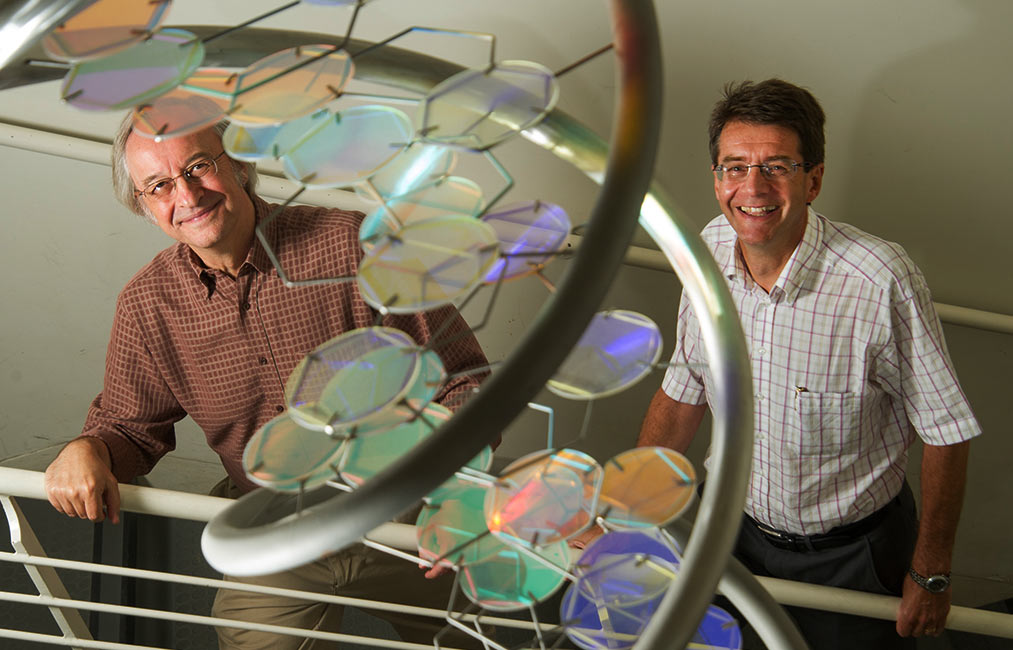
Steve Kowalczykowski
Distinguished Professor, Microbiology and Molecular Genetics, and of Molecular and Cellular Biology
Wolf Heyer
Professor and Chair, Microbiology and Molecular Genetics
Professor, of Molecular and Cellular Biology
Impact: Finding and creating better tools to prevent and treat cancer
As internationally renowned scientists, UC Davis professors Steve Kowalczykowski (left) and Wolf Heyer study the fine details of DNA repair and chromosome maintenance. And as members of the UC Davis Comprehensive Cancer Center, they're collaborating with other specialists and clinicians to find new ways to battle cancer.
"Cancer is fundamentally tied to the biology of the cell through chromosome maintenance," Kowalczykowski says. "We're using single-molecule imaging to get insights into how to prevent or treat cancer."
For example, one of the best-known genes linked to breast cancer is BRCA2. In 2012, teams from Kowalczykowski's and Heyer's labs were the first in the world to purify the BRCA2 protein, revealing how it plays a crucial role in DNA repair.
"Over 30 years ago, my lab started studying the process of recombinational repair in bacteria, not knowing that it would provide a direct understanding of cancer, specifically breast cancer," Kowalczykowski says. "It's a validation of the U.S. public investment in basic science."
Heyer is chair of the Department of Microbiology and Molecular Genetics in the College of Biological Sciences, and has fostered links between the center, located in the UC Davis School of Medicine, and the college's chromosome biologists.
"Everybody knows someone who has cancer," says Heyer, who leads the center's molecular oncology program. "Through the Comprehensive Cancer Center, we want to harness discoveries and create better tools to intervene. For basic scientists, it's exciting to have that impact."

